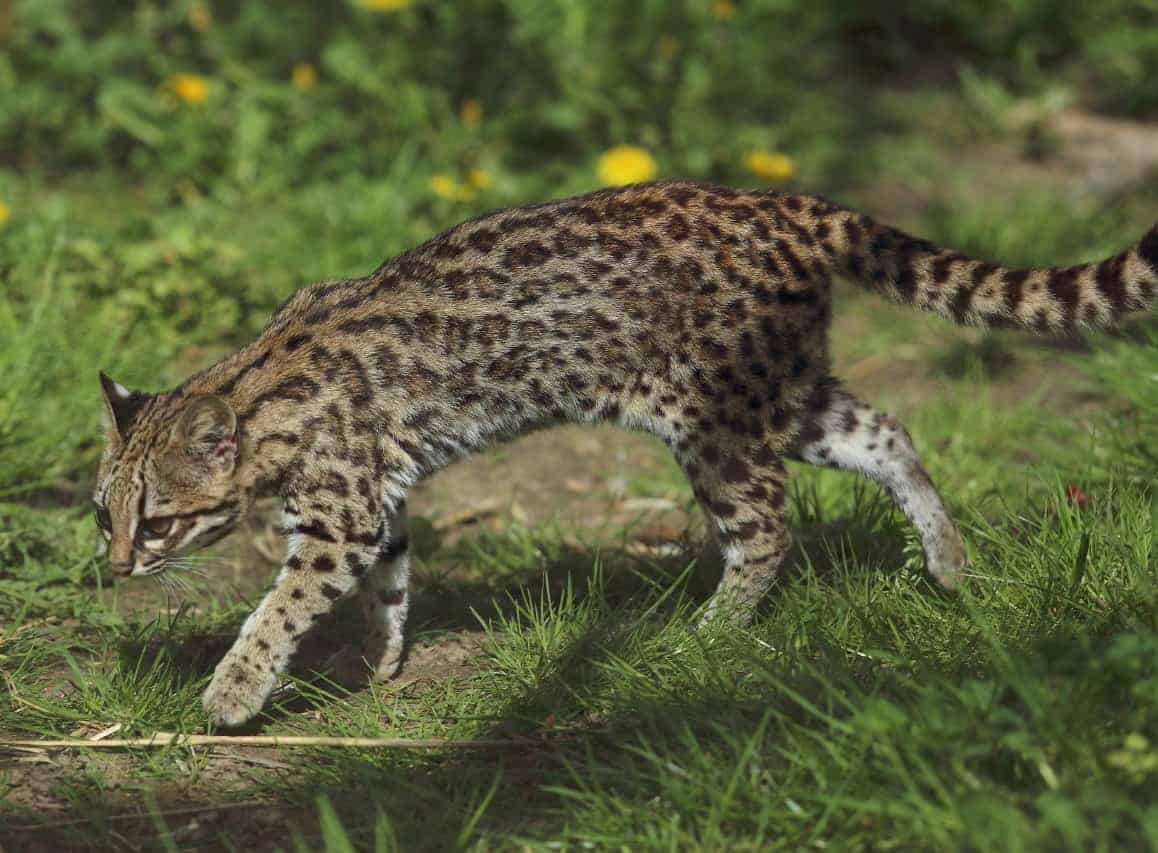In less than a year, Costa Rica could officially announce the discovery of a new Oncilla species. Costa Rica WildLife Foundation confirmed this in an interview with El Observador.
The oncilla (Leopardus tigrinus), also known as the northern tiger cat, little spotted cat, and ‘tigrillo,’ is commonly found in Central America.
“We want to demonstrate that there is a different species of oncilla in Costa Rica than the one in Brazil. So far, they are cataloged as subspecies,” explained José Ramírez, a Costa Rica WildLiife Foundation researcher.
Three subspecies are registered from Costa Rica to the center of South America. However, they cannot be found anywhere else past Panama.
The oncilla can be confused in the country with other similar species, such as the ‘caucel,’ ‘manigordo,’ or ocelot.
“With the samples and DNA studies, we have seen that they are completely different species, so we want to be able to register them within a year,” added José Ramírez.
If the new species is indeed registered, this will confer the particular category of ‘endemic’ to the ocelot of the Cordillera de Talamanca.
“This already refers to a geographic barrier, and with time, differences emerge that stand out when analyzed, so we are talking about a new species,” Ramírez explained to El Observador.
The ‘tigrillo’ is the smallest wild feline, comparable to a domestic cat, but has a spotted coat like a jaguar. Some melanistic (totally black) species have been identified.
According to the researcher, more samples are being collected to analyze the subspecies from neighboring countries.
“We have more than 20 samples of different types of oncillas. The idea is to get more data to support a solid conclusion,” the researcher explained.
In addition, the Nai Conservation project and the Costa Rica Wildlife Foundation have placed cameras to increase the sampling areas. They are strategically located in zones that humans don’t access.
The population is threatened by deforestation and other human activity in their ecosystems. Investigators have also determined that, in Costa Rica, abandoned dogs and cats that become feral are also a problem for the species.
“In the Cerro de la Muerte sector, we have seen that domestic animals survive and fight for food with the oncilla. They also carry viruses harmful to the wild felines,” commented the Costa Rica WildLife Foundation investigator.
The foundation has sought to get closer to the communities and provide information so that they can help in the conservation tasks. Costa Rica WildLife has also urged locals to avoid poisoning or setting deadly traps for these animals.






